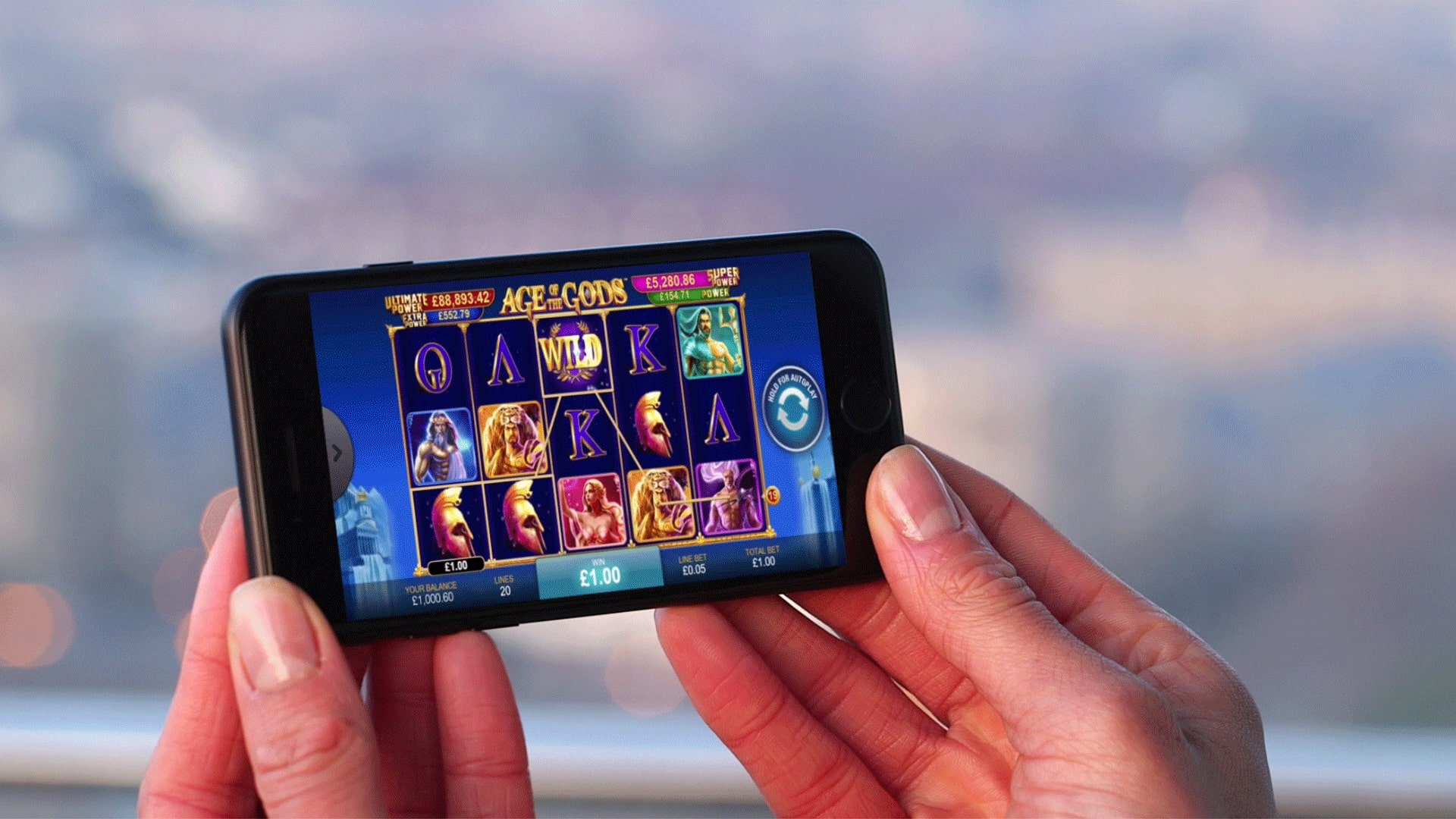In the 21st century, technology has revolutionized entertainment, and online gaming stands as one of its most dynamic and rapidly growing sectors. Playing games online has become an integral part of modern life for millions of people across the globe. From casual smartphone games to complex multiplayer experiences, the online gaming world offers something for everyone RAJA189. This article explores the appeal of online gaming, its evolution, and the impact it has on players and society.
The Rise of Online Gaming
Online gaming refers to any video game that is played over the internet, connecting players from different locations. The origins of online gaming can be traced back to the early 1990s, with games like Doom and Warcraft paving the way for multiplayer experiences. However, it was not until the late 2000s that online gaming exploded in popularity with the advent of faster internet speeds, advanced gaming consoles, and accessible digital platforms like Steam and Xbox Live.
The rise of massively multiplayer online games (MMOs) like World of Warcraft and League of Legends brought players together in virtual worlds, allowing them to compete, cooperate, and socialize in ways that were previously unimaginable. These games, along with others like Fortnite, Call of Duty, and Minecraft, continue to define the online gaming landscape.
A Global Community
One of the most appealing aspects of online gaming is its ability to connect people across the globe. Whether it’s teaming up with friends or making new ones, players can interact with others in real time, regardless of geographic boundaries. This sense of community is reinforced by the social aspect of many online games. Players can chat, form guilds or clans, and participate in large-scale events together.
In some cases, gaming communities have transcended the games themselves, forming vibrant social networks, streaming platforms, and online forums. Twitch, YouTube Gaming, and Discord have become integral platforms where gamers share their experiences, watch live streams, and connect with influencers and professional players.
The Appeal of Competition and Collaboration
The appeal of online gaming often lies in the blend of competition and collaboration. Competitive online games, such as first-person shooters (FPS) and battle royales, provide adrenaline-pumping action where players battle each other to prove their skills. These games feature leaderboards, rankings, and tournaments that allow players to measure their progress and compete for glory.
On the other hand, collaborative multiplayer games, such as Overwatch or Minecraft, emphasize teamwork and shared objectives. In these games, success often depends on players working together, leveraging their unique strengths, and strategizing as a team. The ability to cooperate with others in complex, real-time scenarios can create a sense of camaraderie and achievement that few other forms of entertainment can match.
A Diverse Range of Genres
Online gaming spans a broad spectrum of genres, ensuring that there’s something for everyone. Battle royale games like Apex Legends and Fortnite have surged in popularity, offering large-scale survival experiences where only one player or team remains standing. Role-playing games (RPGs), both massively multiplayer like Final Fantasy XIV and single-player like The Witcher 3, allow players to immerse themselves in expansive digital worlds filled with quests, lore, and character development.
Simulation games, sports games, strategy titles, and puzzle games also thrive in the online gaming ecosystem. Players can opt for fast-paced, action-packed experiences or choose slower, more thoughtful games that challenge their intellect. The rise of mobile gaming has further broadened this diversity, with popular games like Clash Royale, Candy Crush, and Pokémon Go attracting millions of players of all ages.
The Impact of Online Gaming
While online gaming offers countless hours of entertainment and opportunities for personal growth, it is not without its challenges. Concerns over gaming addiction, exposure to toxic behavior, and the potential for negative impacts on mental health have been prominent in discussions about gaming culture.
However, many researchers and experts suggest that gaming in moderation can offer cognitive benefits, such as improved problem-solving skills, hand-eye coordination, and teamwork. Additionally, online gaming has provided a platform for the rise of esports, where professional players compete in tournaments with substantial prize money, drawing in millions of viewers worldwide.
For some, gaming is also a form of stress relief and an escape from everyday challenges. The immersive nature of online games provides a way to unwind and disconnect from the pressures of daily life, while still staying engaged in social interactions.
